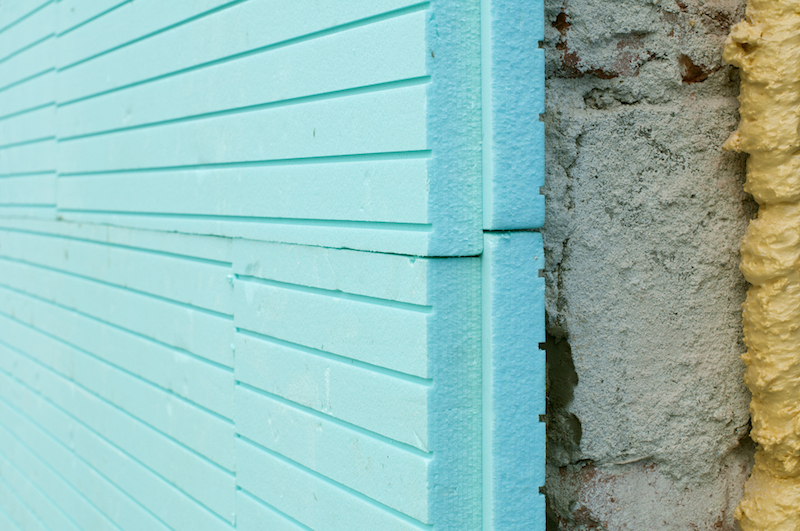How to Make Your Home Soundproof
Branded Content by Cosmic Press
There are many reasons why someone would want to soundproof their home, including:
• To stop noise from getting in if you live in a busy area with lots of traffic or if you have loud neighbors.
• To stop noise from getting out, if you’re a musician, blogger, or another professional that needs to record audio and video.
• You are increasing your home’s value. A well-soundproofed home is serene, and therefore the peacefulness can increase the value of your home.
Here are six ways to soundproof your home to keep noise from getting in or out.
Fix Any Holes or Cracks in Your Walls
Look at your walls, especially areas near window frames, ventilation grates, and electrical outlets. If you find any holes or cracks, fill them. Use caulk to repair small holes. If there’s substantial damage, you may need to use spackle and drywall to cover the hole.
Seal Your Doors
You can install weathering strips onto your door frame that will help soundproof your apartment or home. Not only will they help make your home more soundproof, but they’ll also help with heat loss in the winter.
Replace Internal Doors
If the doors in your home are hallowed, you may want to replace them with solid doors. Solid doors allow less sound to pass through. To do this, you may want to reach out to a professional.
Repair Windows
Repairing and replacing your windows can be expensive, but it will be a massive help in soundproofing your home. You can upgrade your windows to double or tripled-paned options to reduce noise pollution dramatically. You can also repair your window frames or replace them with PVC options to cut down on the noise.
Fix Your Flooring
If you’re looking into soundproofing hardwood floors, you can contact a specialist to fix any holes, cracks, or issues you may be having with your flooring. While new installation would solve the problem and upgrade the cost of your home, it can be expensive.
Insulate Walls and Ceilings
Many products for sale can help you further insulate your home to prevent sound from getting in or out. Ceiling panels, mass-loaded vinyl, neoprene rubber, viscoelastic foam, and fiberglass behind your walls and ceilings are only a few of the options for further insulation.
Foam and rubber are the most common options amongst professionals who require a quiet environment to record in. Many artists choose to use mass-loaded vinyl and foam to create a completely silent recording space.
Follow These Tips
If you don’t want to purchase anything specifically for soundproofing, there are many different options for you, including using items you already have around the house. You can:
• Use large, thick rugs to cover your hardwood floors.
• Put up heavy curtains to block out noise and sunlight.
• Rearrange your furniture so more of it is stacked against the wall you’re trying to block sound from.
• Use a large bookcase filled with books as a noise barrier. Filling a large bookcase and placing it against the wall you’re trying to block sound from is a great option that will negate many sounds.
If you’re looking to have your home professionally soundproofed, contact a professional for help. While you can follow these tips and tricks to soundproof your home, professional soundproofing is the way to go if you’re looking to cut out all sound from a specific room or area.
DIY or at-home options will be never fully soundproof your home, but they can make outside noise a lot quieter as well as keep any noise you’re making inside your home.
Branded content furnished by our promotional partners. The Daily Sundial editorial staff is not involved in its production. Content does not reflect the views or opinions of the editorial staff.





